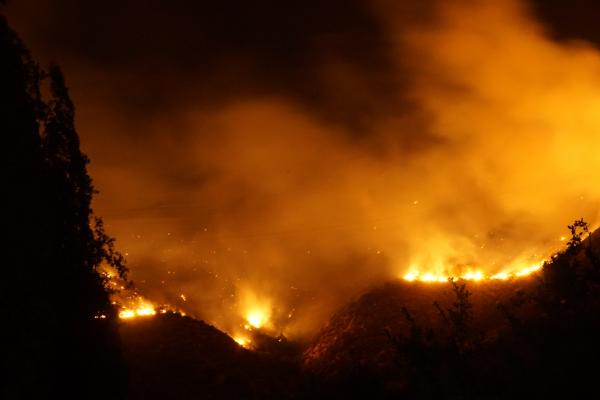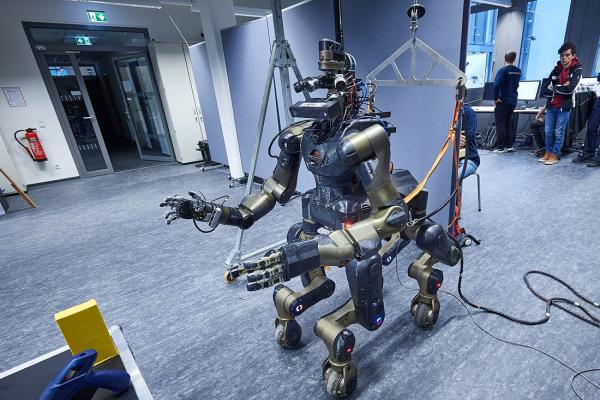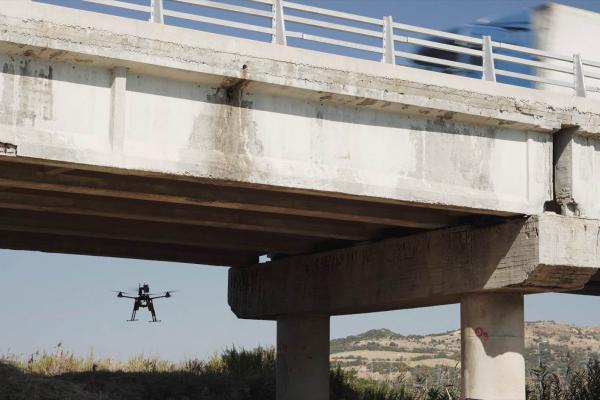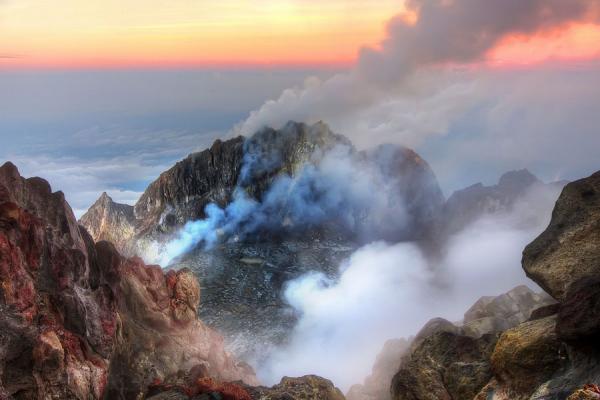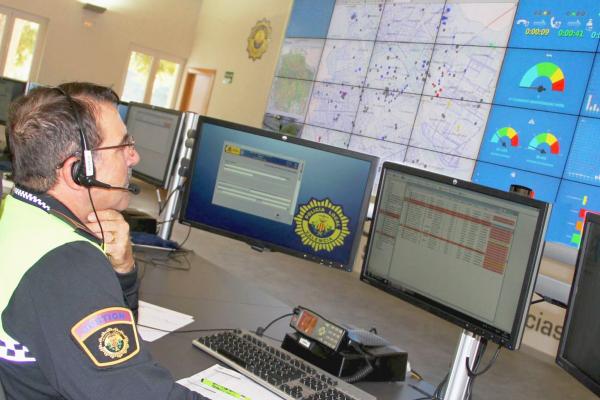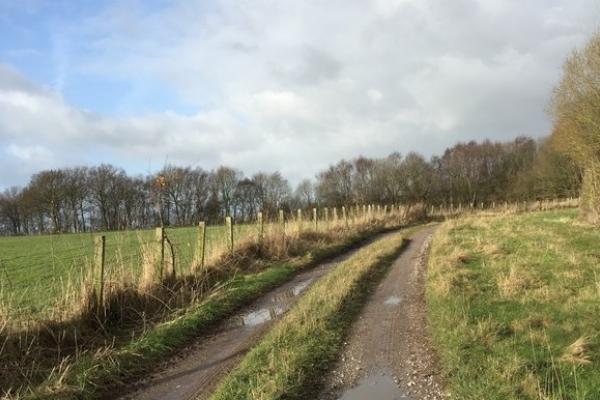We’re fighting a different kind of wildfire whose behaviour experts are struggling to predict.
Robust, intelligent robots that react to their surroundings are being developed to work in situations that are too dangerous for humans, such as cleaning up Europe’s decades-old radioactive waste or…
From high winds and heavy rainfall to droughts and plummeting temperatures, people in Europe have already begun to feel the effects of extreme weather. As we get used to this new reality, scientists…
Airports could be equipped with technology capable of detecting and bringing down drones that stray into their air space, according to Dan Hermansen, chief technology officer of Danish anti-drone…
The eruption of a volcano can have devastating consequences – killing people and destroying livelihoods, as well as releasing vast amounts of ash into the sky that disrupts air travel and alters…
The fight against terrorism-related content and illegal financing online is speeding up thanks to new platforms that join up different internet-scouring technologies to create a…
To understand what leads people into violent extremism, scientists are turning the question on its head and asking why it is that most young people don’t become radicalised.
Crimes that involve chemical, biological, radiological or nuclear (CBRN) materials pose a deadly threat not just to the target of the attack but to innocent bystanders and police investigators. Often…
Police and law enforcement staff are turning to hackathons – collaborative events for developing technology – to come up with new ways of searching for clues within the terabytes of data…
Smart cameras hidden in the countryside could soon help police fight back against rural crime and finally bring down secret smuggling routes.





